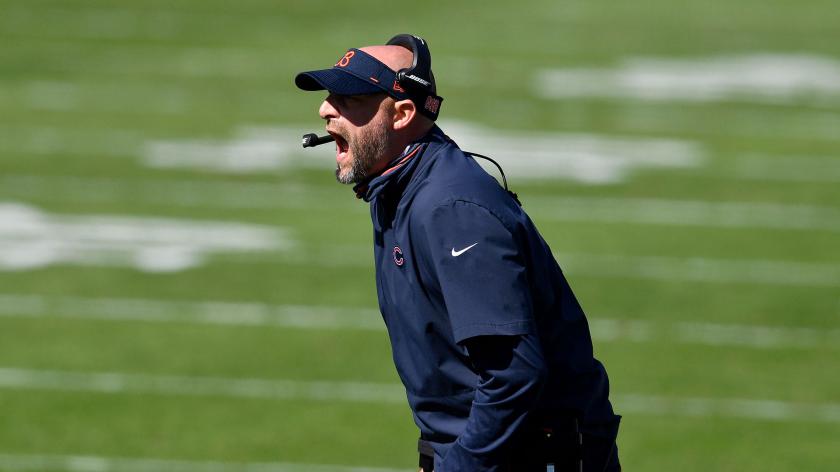Saudi Arabia is pushing ahead with plans for multi-billion dollar investments in global sport. Now, apparently, a new company is to be set up with a bulging coffers.
Saudi Arabia’s investment in international sport is apparently set to increase noticeably. According to the Financial Times, the kingdom is planning to set up an investment company worth billions, which will be exclusively concerned with expanding its influence in the sports sector and will be equipped with considerable financial resources for this purpose.
According to the report, football, tennis and other, unnamed sports would be the focus. Already at the beginning of June, football reporter Albert Breer of “Sports Illustrated” brought up the possibility of the Saudis entering the NFL, for example by acquiring a team. In the current report of the “Financial Times”, the NFL is not explicitly mentioned, but the league would fit the high ambitions of the country.
The company, which is yet to be founded, is to be directly subordinate to Saudi Arabia’s state-owned “Public Investment Fund” (PIF). The PIF is worth 650 billion dollars and has already caused tremors in the sports world. In 2021, for example, the PIF took over the English Premier League club Newcastle United, which directly qualified for the Champions League.
A year later, Saudi Arabia shook the golf world with the founding of the highly remunerated LIV golf series. This became a competitor, especially for the US Tour PGA, and numerous top players followed the financial lure. In the meantime, the PGA and LIV have agreed on a merger together with the DP World Tour.
Saudi Arabia in sport: domestic league shows ambitions
Saudi Arabia’s ever-increasing influence in global sport is part of a strategy to make its economy less dependent on oil in the long term. Critics say the arch-conservative country, which is accused of numerous human rights violations, is using sport to improve its image in the world.
Either way, the country is increasingly becoming a player in world sport. “Saudi Arabia is shaping the commercial, industrial and geopolitical networks of sport,” said Simon Chadwick, professor of sport and geopolitical economics at Skema Business School in Paris: “It’s starting to test the limits of rules and governance.”
Saudi Arabia’s seriousness about its presence in sport can be seen in recent developments in its domestic football league. The transfer of Cristiano Ronaldo to Al-Nassr at the beginning of the year was only the beginning; in the meantime, the clubs of the Saudi Pro League signed other big names such as Karim Benzema, N’Golo Kante and Roberto Firmino.
To this end, the PIF took over 75 per cent of the shares in each of the four big national clubs Al-Nassr, Al-Ittihad, Al-Ahli and Al-Hilal – the two most important clubs from the capital Riyadh (Al-Nassr and Al-Hilal) and from the metropolis Jeddah (Al-Ittihad and Al-Ahli).
The clubs were transformed into companies and the takeover provided them with ample money to pay for transfers and salaries. The aim is to make the league more attractive for international stars. In addition, the league is to grow significantly financially, with revenues rising from the equivalent of 112 million euros last year to almost 450 million euros.






Comments
No Comments